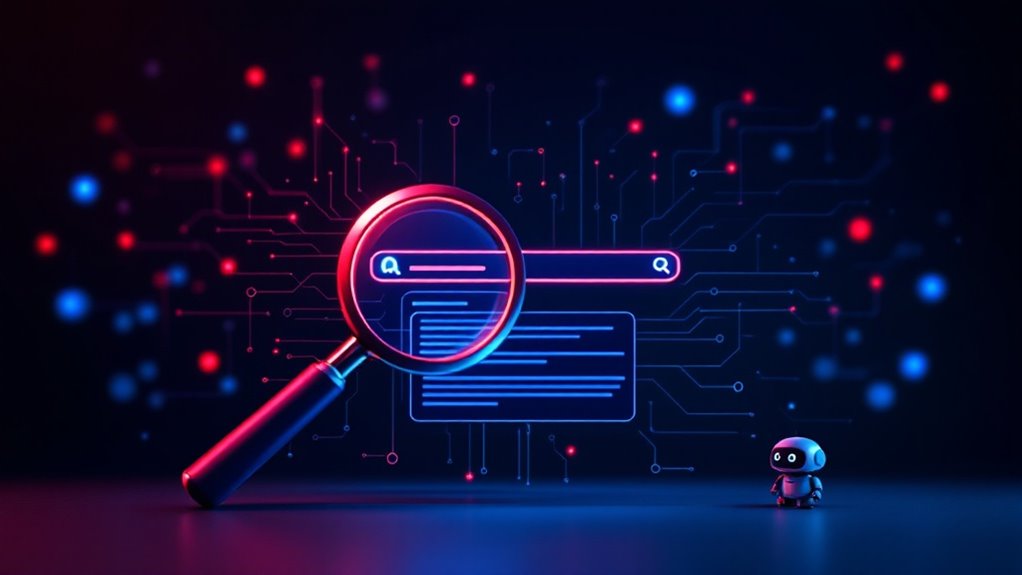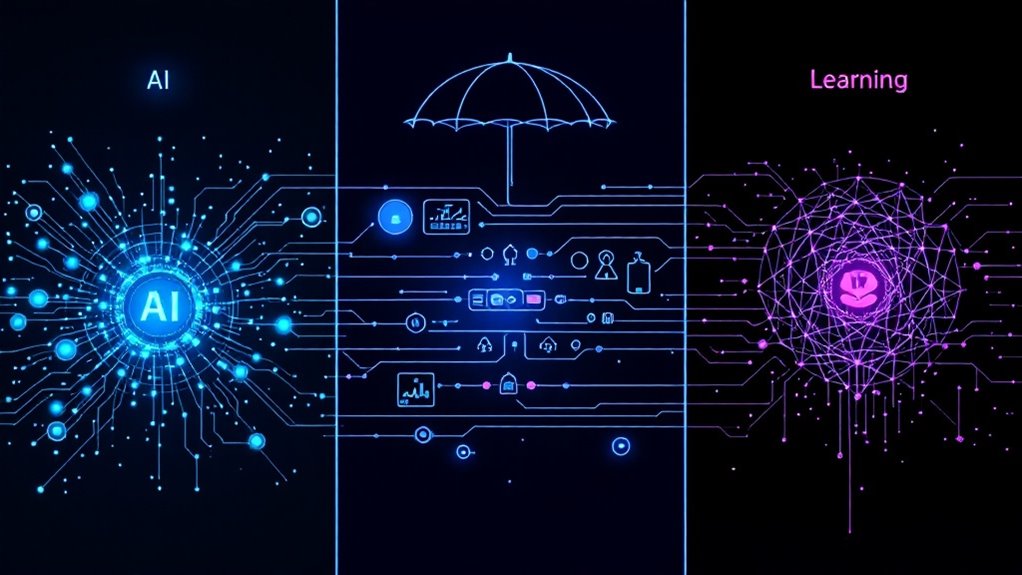Python has officially dethroned JavaScript as the AI king in 2024, thanks to its readable syntax and powerful libraries like TensorFlow. Java maintains its enterprise stronghold for legacy system integration, while C++ remains the speed demon for self-driving cars and robotics. JavaScript isn’t going anywhere though—it’s keeping browser-based AI models humming along nicely. Don’t sleep on Julia, R, or SQL either; each brings special talents to the AI party. Your perfect language match depends on what you’re actually building.
The digital toolbox for building tomorrow’s intelligent systems is more diverse than ever. As AI continues its relentless march into virtually every industry, developers face the classic paradox of choice when selecting their coding weapon of choice.
Python has officially claimed the throne in 2024, dethroning JavaScript on GitHub and becoming the go-to language for AI enthusiasts everywhere. With its ridiculously readable syntax and an ecosystem of libraries that practically does the heavy lifting for you—TensorFlow, PyTorch, NumPy—it’s no wonder Python has become the darling of data scientists who’d rather focus on solving problems than debugging semicolons.
But don’t count Java out just yet. The enterprise favorite remains stubbornly relevant, particularly when your AI solution needs to play nice with legacy systems. Sure, it’s wordier than a Victorian novel, but its platform independence and robust security features make it the responsible adult in the room for production deployments. A structured learning path including foundational skills in mathematics and programming is essential for mastering these languages from scratch.
C++ continues to shine in situations where every millisecond counts. Think self-driving cars and robots that need to make split-second decisions without waiting for your Python script to finish its coffee break. The trade-off? Code that sometimes looks like it was written by someone with a personal vendetta against readability.
JavaScript has maintained impressive momentum, especially for developers who want their AI models running directly in browsers. TensorFlow.js has been a game-changer here—because nothing says “cutting edge” like having machine learning algorithms judge your selfies in real-time, right? The rapid expansion of the global developer community, particularly in the global south, is further fueling JavaScript’s continued relevance in AI development.
Meanwhile, Julia sits in the corner combining Python’s approachability with C++’s speed, making it increasingly popular among researchers who need computational horsepower without sacrificing syntax sanity.
And R continues to hold its statistical ground, particularly in academic circles and bioinformatics, where its visualization capabilities remain unmatched.
SQL has become increasingly important in AI workflows with 51% of respondents using it for data management, particularly when preparing datasets for machine learning models.
The bottom line? Your AI language choice should match your specific needs—whether that’s deployment environment, performance requirements, or simply which syntax makes you tear out the least amount of hair.









